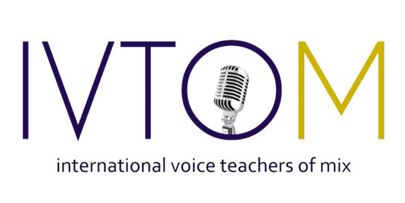THROWING OUT THE BABY WITH THE BATH WATER
Weekly Teaching Tip – June 1, 2015
by Earl Harville
Got your attention with that cliched title, right? Good!!
I have a concern about us contemporary voice teachers. It is a little disconcerting that we seem to actually discourage our clients from learning classical music. We are so caught up in making everyone sound commercial that we throw out a very rich body of art that can add to what our students are learning as vocal musicians. Why is it bad to have teen singers who we are training in a balanced, unaffected technique try some art songs or arias to complement their pop/R&B/rock/musical theater repertoire? Now, I am not promoting the invalid notion that learning to sing classical music means you can sing anything- that has long since been proven to be untrue. However, I do think that we do them a disservice if we don’t challenge them beyond styles of music they already know and love. These young vocalists may discover a real talent and love for traditional art music. Hey, everyone is not meant to be a pop star!!
Let us be mindful that some of our students may want to attend contemporary pop music programs such as Belmont University or Berklee College of Music. Guess what? They will be required to do some classical vocal study to augment their non-classical training. Besides art songs, they may need to know Concone and Vaccai exercises. We can set them up for greater success by making sure they have already been exposed to these materials before getting to college.
Look- I get it. I am an R&B/pop/gospel/rock dude myself. I never had any plans to sing opera. As an undergraduate voice student, I sang nothing but classical music and legit theater stuff in the private studio. The only time we touched pop music was in preparation for my senior recital, and that was not very in depth. I love my teacher from those days, but his approach with my voice, though beneficial is many ways, didn’t quite prepare my voice technically for what I needed when singing demanding R&B and gospel songs. BUT I am forever grateful that I was exposed to repertoire that I never thought that I could actually sing before. It made me a better musician, even if the technique didn’t transfer adequately to what I really did outside the private studio.
If we have professional clients or those who are working towards serious careers in popular music, I understand focusing their studies expressly on the style(s) that they will be recording and performing. That only makes sense. My hope, though, is that we will not be the kind of elitists that we accuse some classical voice teachers of being by not broadening the cultural and artistic horizons of our young students. We may even have future vocal coaches in our studios- shouldn’t we make sure they are adequately prepared and well-rounded?

